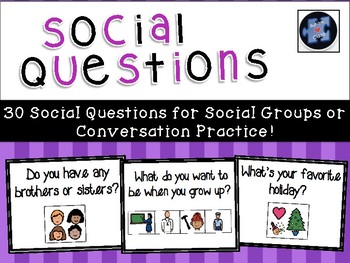
Through apps on smartphones, laptops, tablets, and PCs, social media enables us to build online relationships and exchange media. However, a simple explanation is that social media platforms are web-based tools that allow users to connect, interact, and create, share and consume content. Social media is quite a broad term, covering quite a few different topics. If you’re new to the world of social media, these can help you figure out exactly what it is, how individuals and companies use it, and how you can get involved: What is social media? Let’s start our list of social media FAQs with some of the general questions that people often ask. We address these issues, as well as what the future of social media may hold.


With this power, questions are raised about our wellbeing, privacy, and how we’re marketed towards. Social media platforms are run by huge corporations that influence global trends and politics. Given how prevalent it is, we’ve decided to look at some social media FAQs and their answers. From humble beginnings, it’s now something that plays a significant role in most of our lives.
#Social questions app android
The Jelly app is available for both iOS and Android devices, either from their respective app stores or from the Jelly website.Social media has come a long way over the last twenty years. In the long run, its success, like that of most social networking endeavors, will depend on getting a large number of people to continue using it. Since the project is coming from one of the founders of Twitter, it has already gotten a lot of notice. Using a search engine to discover what kind of tree is in the backyard could mean writing a carefully worded query and looking through thousands of images, while that same search on Jelly would just require a quick picture and a simple “What is this?” Search engines are expanding beyond just text-based searches, but it’ll be a long time before they can react to visual searches in the way that humans can.Īs noted in a statement on the company’s blog, “No matter how sophisticated our algorithms become, they are still no match for the experience, inventiveness, and creativity of the human mind.” Jelly is also perfect for more philosophical questions, general advice, or just as a conversation starter. While Jelly isn’t likely to challenge search engines like Google or Bing when it comes to text-based questions, it may find a niche in the world of visual search. Users can “star” a question to track its progress, but otherwise there’s no mechanism to go back through skipped questions.

There’s no way to scroll through multiple questions quickly, like one would when browsing a Twitter feed. The question doesn’t go out to everyone, but just a select group of contacts chosen by Jelly’s internal algorithm.Īnswering a question is just as simple, although users can only look at one question at a time, choosing to answer it, forward it, or skip it.

The image and question then go out to the user’s Facebook friends and Twitter followers, who can answer the question, ignore it, or choose to forward it on to someone who might know. To use the application, users snap a photo and ask a question. The application is designed to leverage social networks in order to answer questions, hoping that people will prefer to turn to their network of friends rather than a search engine’s algorithm, according to the New York Times. Rumors about Twitter Co-Founder Biz Stone’s latest idea have circulated for about a year now, but the curtain has finally been drawn back with the release of the Jelly app.


 0 kommentar(er)
0 kommentar(er)
